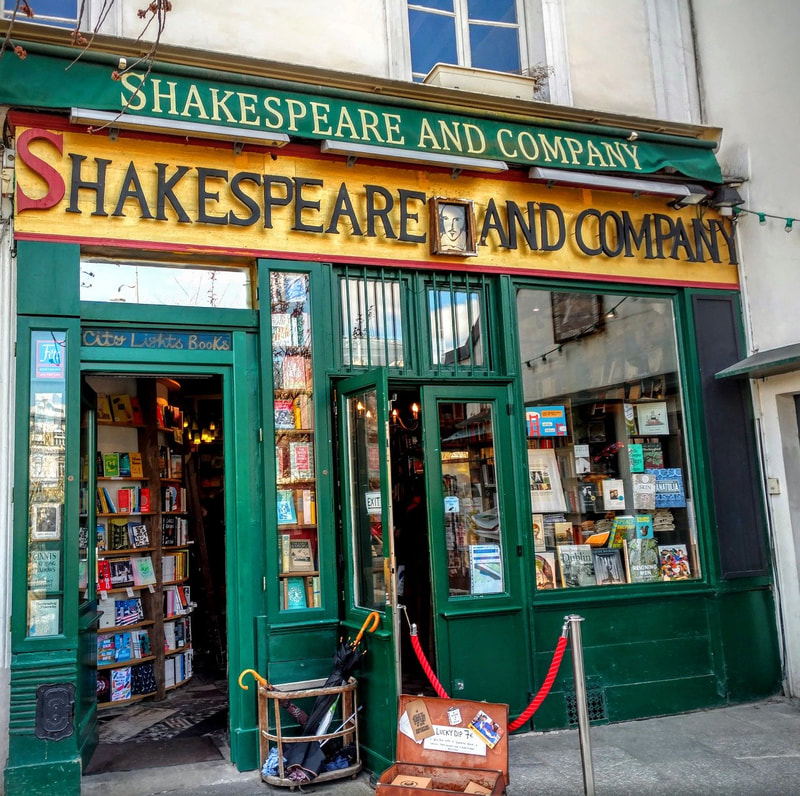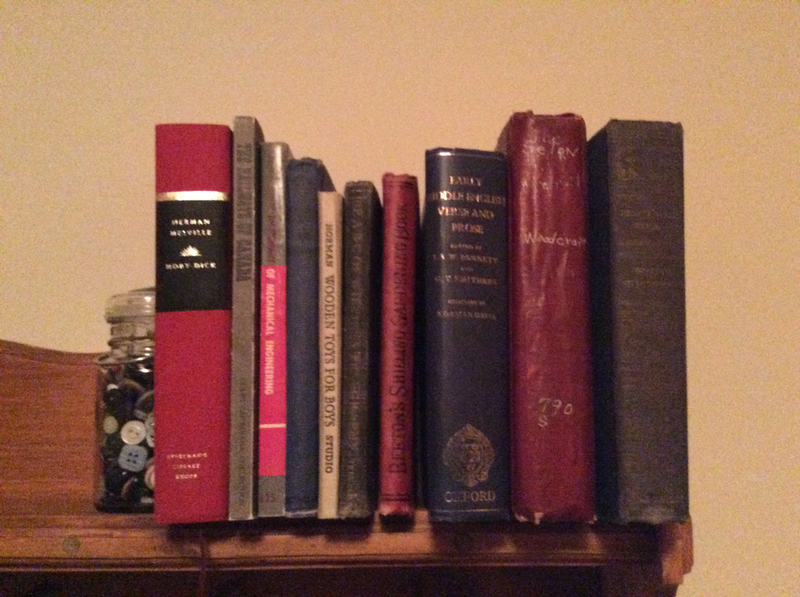|
Recently I had a chat with a young(ish) fellow who had just started writing. Fantasy. “Fantastic. What are you working on?” I asked.
He briefly summed up the plot and I couldn’t help thinking, “Gee that sounds an awful lot like Lord of the Rings.” I didn’t say this, but did tell him that when it came time to finding an agent/publisher, he should have some comparative titles/similar books ready as they often ask for this. (It’s so they have an idea of the potential market.) My young friend then told me that he doesn’t read very much. WHAT???!! Stop everything. How can you be a writer without reading? He said he didn’t want to pollute his mind with other people’s ideas, story lines, etc. It was at this point that I began fidgeting and looking at my phone. How could I take his desire to write seriously? And then he said something totally surprising. “Except the classics of course.” WHAT???!! And just like that, his knowledge and wisdom shone like a beacon before my eyes. Our conversation got me thinking. Who actually reads classic literature anymore? Is it still important, and if so, why? What good does reading something written hundreds of years ago do for us? First, let me get my bias out of the way. I majored in English Lit at university. It was the only thing I cared about, and the only subject I could see myself slogging through. All these years later, it’s still about the only thing that matters to me. Here’s my pitch for the classics: Great works of literature mark every period of modern history since humans began expressing themselves with the written word. As such, they offer a more personal, accessible perspective on historical events and philosophies than most textbooks. They provide an opportunity to understand our history and culture in context of what has gone on before us. We can connect our own experiences with tales of others to view our shared humanity through the ages. To read the classics you know you’re reading something of value with universal themes. These works have stood the test of time; they are books in which we find characters, experiences, emotions and perspectives that are relevant today. They have had a pivotal role in shaping the way we read and write today. They have influenced centuries of writing and will make you love reading even more by understanding where contemporary books fit it. By studying the works of great literary minds, we build our knowledge of the world and raise ourselves up a little by experiencing this distinctly human legacy. These books force us to think and concentrate. In our hyper-accelerated world of digital – and shallow – content, this is good for our brains. In a world of toxic outrage, entitlement and vapid amusement, reading classic literature allows us to turn away from the addictive dopamine burst that comes from raging at the venomous feed of Twitter or depressing nightly news. Not only will you increase your vocabulary and challenge yourself, you’ll also improve your social skills. A study in 2013 (Science Journal) showed that reading classical literature, in contrast with commercial fiction and even non-fiction, leads to better social perception and emotional intelligence. Character-driven novels can even strengthen your personal ethics. All those literary references so commonplace in popular culture won’t go over your head any more. Another benefit is that you can “reward” yourself with the film version after you’ve read the book. Then you can really sound smart when you tell people how much better the book was. To read a work of classic literature is to engage with the best work of the best minds. They challenge us to be better, to seek out and appreciate beauty, to ponder the big questions, to follow a line of thought, to concentrate, to transform the symbols of language into an image in your imagination, and to share in the universal experiences of humankind. Lofty goals indeed! Reading is like traveling the world. Like the great must-see historical sites, classic literature has withstood the test of time, is part of an incredible heritage and can enhance your view of the world. Don’t be afraid! Until next time, happy reading! Joni
0 Comments
|
Archives
July 2024
Categories |



 RSS Feed
RSS Feed
